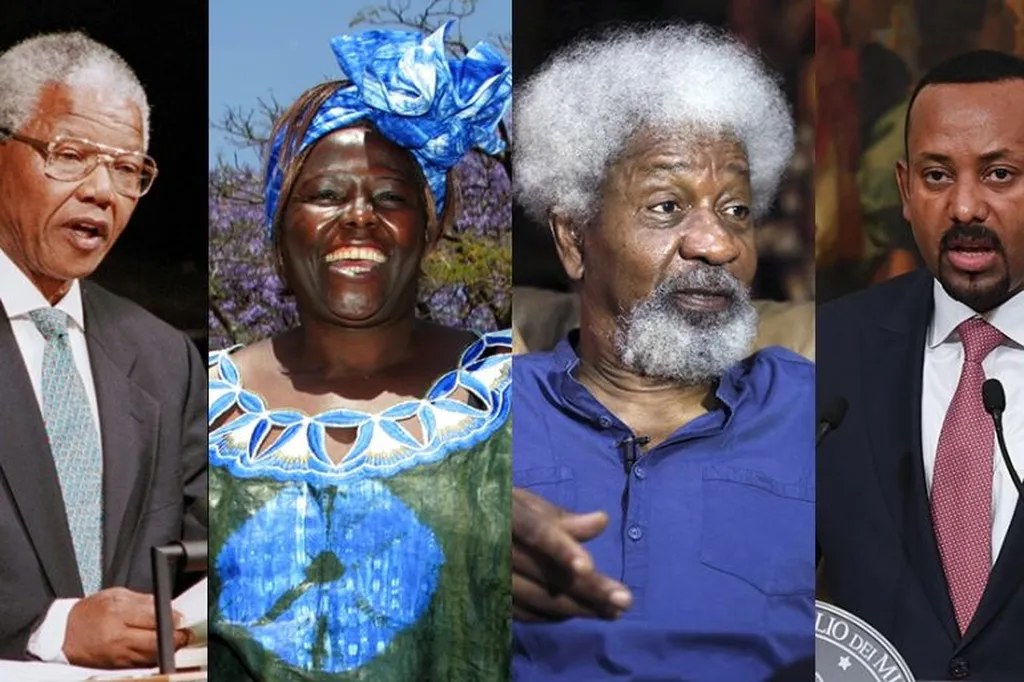Eminent agriculture scientist and policymaker Ademola Adenle, based in Nigeria, was awarded the first M.S. Swaminathan Annual Award for Food and Peace last week. In an interview with The Hindu, Prof. Adenle emphasized the need for governments to engage with key stakeholders and formulate appropriate policies to mitigate crises arising from unnecessary tariffs imposed on developing countries.
Prof. Adenle underscored the importance of having robust policies to address the long-term effects of tariffs and improve the quality of farmers and farm products. He cited the recent tariffs announced by former United States President Donald Trump as an example of trade imbalance, which could lead to retaliatory measures and further disruptions in the global agricultural market.
As an expert in Genetically Modified Organisms (GMO) technology, Prof. Adenle highlighted the potential of GM crops in addressing various agricultural challenges. However, he also acknowledged the controversies surrounding GMOs and stressed the need for strong scientific research, proper regulatory mechanisms, and adequate legal systems to address concerns related to biosafety, ecological impacts, and market control.
Prof. Adenle pointed out that global agriculture faces numerous challenges, including land degradation, climate change, poverty, and water scarcity. He emphasized the role of technology in combating these issues and the need for investment in research and development programs to adopt new technologies such as AI, genome editing, and modern biotechnology.
To ensure nutritional quality, Prof. Adenle suggested that countries like India should focus on bio-fortified crops, which do not necessarily have to be genetically modified. He emphasized the importance of preserving and improving traditional crops to meet the projected 70% increase in agricultural production by 2050.
Moreover, Prof. Adenle highlighted the need for policies prescribed by multilateral agencies of the United Nations and global banks to align with the national development interests of individual countries. He introduced the F3 approach—fibre, feed, and food—as a framework to address concerns about GM products and ensure their safety for human consumption.
The implications of Prof. Adenle’s insights are far-reaching. For developing countries, the emphasis on comprehensive policies to mitigate the effects of tariffs and improve agricultural quality is crucial. The focus on investment in research and development, as well as the adoption of new technologies, underscores the need for countries to stay competitive in the global agricultural market. Additionally, the F3 approach provides a structured method to address concerns about GM products, potentially paving the way for their safer and more widely accepted use.
The interview with Prof. Adenle serves as a reminder of the complex challenges facing global agriculture and the need for well-thought-out policies and technological advancements to ensure food security and sustainable development.

